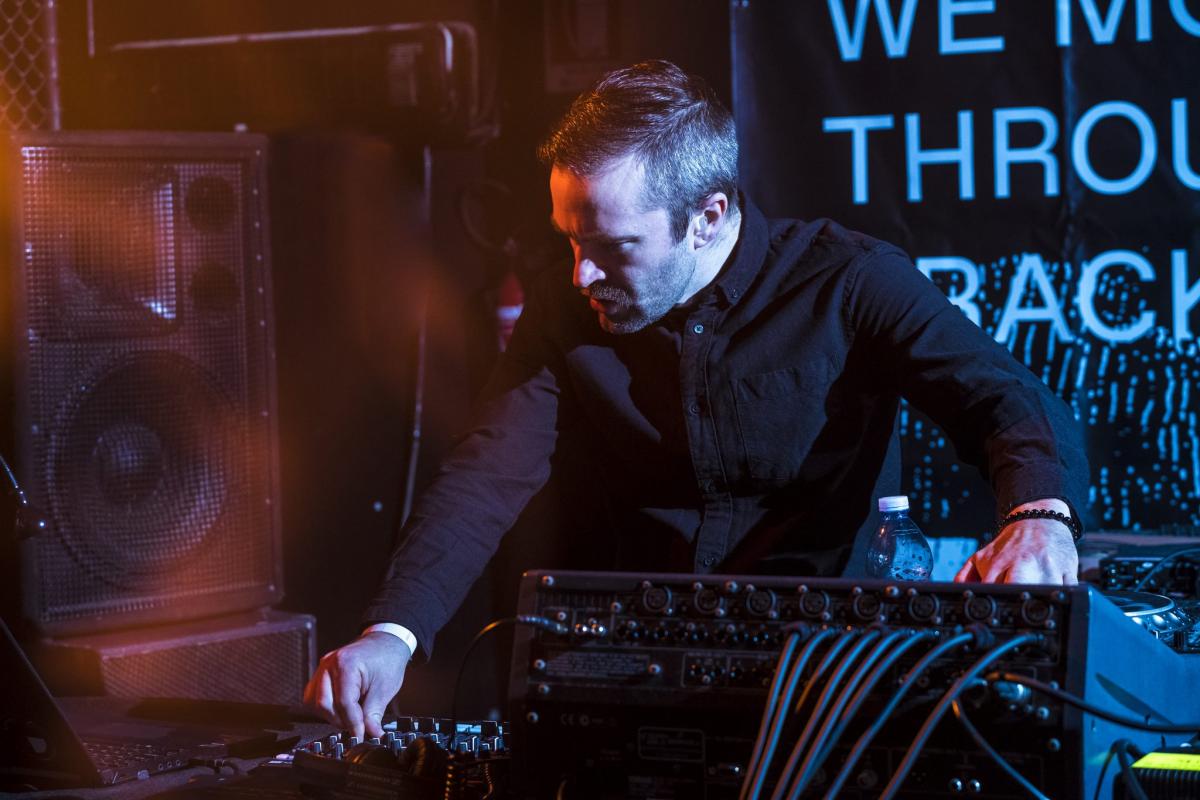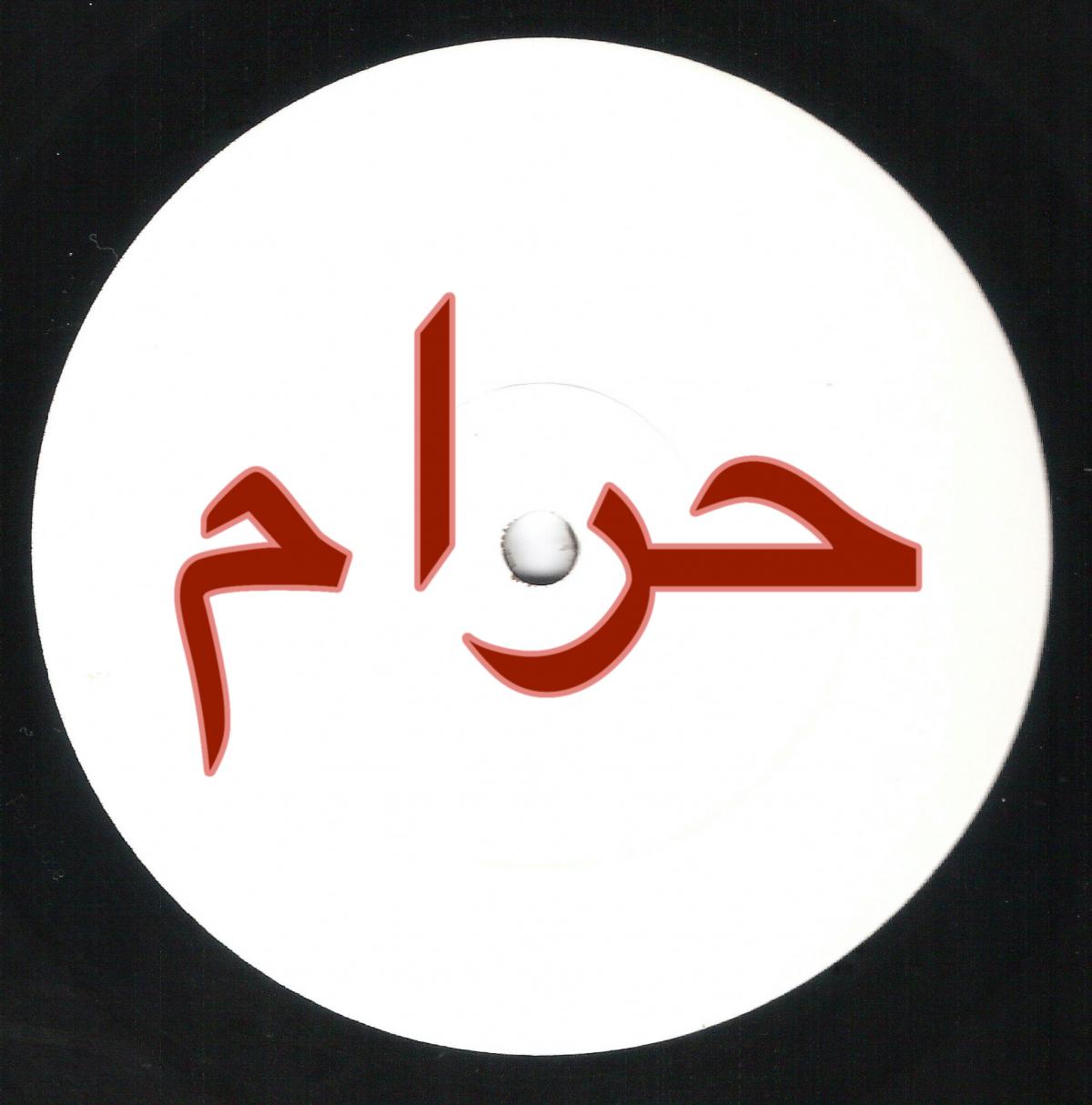
The Learning Process of Sampling
In this testimonial, the electronic music producer Eomac describes how his sampling strategy has changed over time. Starting out as a young producer, he used any sound available. Temporary ending as an experienced musician, he is confronted by complex ethical questions. Today, when using foreign sounds, Eomac emphasizes the intent behind as key.
My approach to sampling, like my approach to music-making in general, has been varied. I have never stuck to one way or one method and have not been discriminating in where or how I have collected and retrieved samples. Personal field recordings, ripped vinyl, snippets sampled off YouTube or the web in general, sample packs, and so on – I have utilized any method available to me in order to save interesting sounds to my hard drive.
My approach has been mostly apolitical (in as much as any action can be) and occasionally political. I have used samples as purely sonic material, as a reference point to or association with an existing piece of culture, providing context of time, place, and «scene», as well as overtly political or humanitarian statements. When I have used overtly political samples, my practice has been quite straightforward, or some may say simplistic. I feel that I am not particularly adept at expressing ideas through language, so when I find spoken phrases of a political or humanitarian nature that express an idea in a more articulate or inspiring way than I personally could, I save them as samples. This way I can express these ideas both vocally and sonically within my own music.
This, therefore, is my approach: find a concise and powerful statement that resonates. Then, using the rhythm or melody as a musical basis and the content of the words as inspiration, build a piece of music.
An Example: «Mandate for Murder»
A recent example is a new and as yet unreleased track of mine, «Mandate for Murder», which samples the English rapper, historian, and activist Akala speaking about the structural racism that exists within British politics and culture, and how migrants of color are treated very differently than white migrants. He speaks about a hugely offensive article in the British tabloid The Sun written by columnist Katie Hopkins, that refers to migrants as «cockroaches». Akala states that allowing space for this to be said in a national newspaper is a «mandate for murder» and that there are obvious historical parallels to back that up. I found this a powerful statement, both in terms of the specific situation he was referring to and as a general statement about the damaging effects of dehumanizing any person or group of people. This often happens first through language, then images, then action, and ultimately leads to murder, genocide, and the worst human atrocities.
Alongside the political and humanitarian implications of what he was saying, I was also drawn to the sound and rhythm of his speech patterns and instantly honed in on the phrase «mandate for murder» as a possible loop around which to build a track. I also used some of what he had said before and after that phrase to give it context and to make sure that my own views were obvious, such that the intentions of the piece could not be misconstrued.1
Another example is the track «Perversas», released on the compilation Elephant Road on the London-based electronic music label Candela Rising. An in-depth look at that can be found here.
When Ethical Questions Arise
One thing I must note in looking at my general sampling practice over the years, is that ethical questions – of which I was not aware enough to consider when I first started out – arise. Ethical questions with political dimensions. Questions regarding privilege and appropriation, copyright and attribution. I did not consider these things at all when I was younger – I thought anything and everything was fair game to sample and use as I wanted. But that is changing. I am white and I am a man and the fact is that these two things come with a certain amount of privilege. I was unaware of this for a long time – it has only recently been brought to my understanding and awareness. I am growing and learning as a person and as an artist, and the ethics of sampling have become more important to me when considering what to sample and how. I love sampling – to me it’s an artform – and wish to continue, but I don’t wish to offend anyone through my doing of it.
Should We Sample Foreign Sounds?
I feel there is still a basic question whenever anyone samples anything that is not originally theirs. Should they? In relation to ethics and privilege, I genuinely don’t know the answer to this question. However, I still do it when a particular sample speaks to me. I find it a very inspiring way to work. Currently, I choose to believe that processing these sounds is ok once the original source, where it is still recognizable as the original source, and where possible, is credited. If a sound source is processed beyond recognition, then I believe it has moved out of the realm of ethics and outside the remit of the question of «should I sample it»? At that point, it has become something else entirely and I would argue is now an original sound.
Maybe I am wrong about this – and I am open to the idea that I am. This is a learning process. One of opening up to different perspectives and voices. Perhaps that in itself is political? This is a process of listening, learning, and becoming more aware of one’s actions and choices within a cultural landscape that is expanding to include voices that have not previously been heard or listened to.
- 1. The full Akala speech can be found on YouTube (see link section below). It is part of an appearance he made on Scottish comedian Frankie Boyle’s «Election Autopsy» TV special in 2015. It begins at 02:04 and the segment I sampled starts at 03:15.
This article is part of Norient’s online publication Sampling Politics Today, published in 2020 as part of the research project «Glocal Sounds – Re-Working and Re-Coding Place References» (No. 162797), funded by the Swiss National Science Foundation (SNSF) and supported by the Bern University of the Arts HKB.
Bibliographic Record: Eomac. 2020. «The Learning Process of Sampling». In Sampling Politics Today, edited by Hannes Liechti, Thomas Burkhalter, and Philipp Rhensius (Norient Sound Series 1). Bern: Norient. DOI: 10.56513/nftg6449-14.
Biography
Links
Published on September 24, 2020
Last updated on April 09, 2024
Topics
Snap


